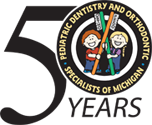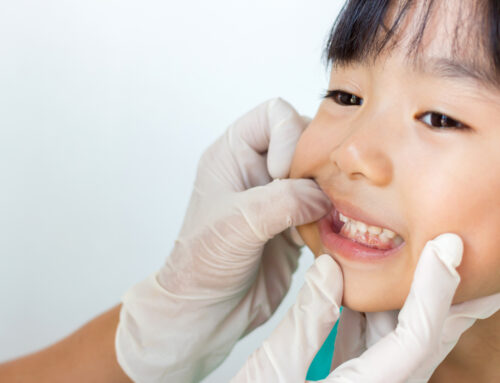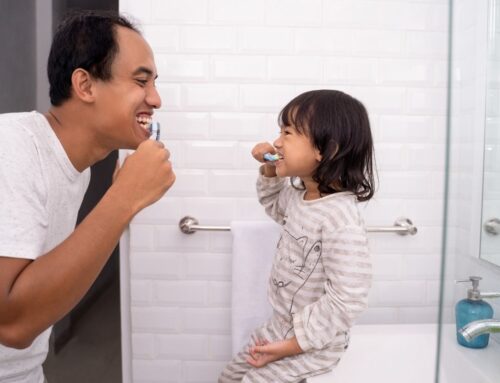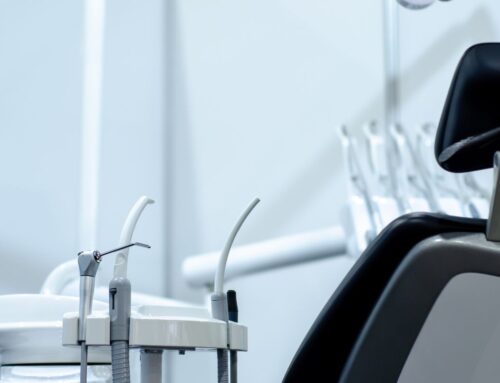Most of us know that there are a lot of benefits to breastfeeding our babies. It can help baby fight infections, transfer vital nutrients and immune system building blocks to baby, and reduce health risks. But did you know that it can also be beneficial for your baby’s teeth?
Breastfeeding may help build a better bite and reduce the risk for baby bottle tooth decay. The ADA reports that a study done in 2015 found babies who were exclusively breastfed for at least six months were 72 percent less likely to develop open bites, crossbites, and overbites. That is a huge percentage! This is not a guarantee that your child will not need some dental or orthodontic treatment down the line as other factors need to be taken into consideration as well, such as genetics, thumb sucking, and pacifier use.
It is still recommended that as soon as your baby gets his or her first tooth, you begin your child’s pediatric dental checkups to ensure you are equipped with the best knowledge on how to provide optimal overall health of your baby’s mouth. This is also a time to begin prevention strategies with your pediatric dentist and demonstrate the positive routine of going to the dentist to your child.
The arrival of a first tooth doesn’t mean that mom needs to stop breastfeeding, if she chooses otherwise. The decision to stop breastfeeding is different for every mom, so mom should decide what is best for both her and her baby. While the arrival of teeth may complicate things, it certainly does not harm the teeth to continue breast feeding.
Mothers that choose to breastfeed baby reduce baby’s chances of getting baby bottle tooth decay in a significant way. Baby bottle tooth decay occurs when baby’s teeth and gums are exposed to sugar. Breast milk does have sugar in it, but it is not the same as putting baby to bed with a bottle of juice or any other sugary liquid.
Parents can help to prevent the development of cavities in their baby/child by avoiding sharing saliva with baby by licking pacifiers, sharing utensils (etc.), gently washing baby’s gums after eating with a clean washcloth (or soft toothbrush if baby’s teeth started to erupt), and placing only formula, breastmilk, or water in baby’s bottle. We strongly encourage that parents finish bedtime and naptime feedings before the child is put in their bed, and to be sure to visit our pediatric dentists at the first sign of your baby’s first tooth for more education and to start your child in our prevention program.
If you would like to know more about this topic, please feel free to discuss it with us.
About Pediatric Dentistry and Orthodontic Specialists of Michigan, the offices of Drs. Delaney, Plunkett, Ralstrom, Makowski, Thanasas, Ker, and Associates
Pediatric Dentistry and Orthodontic Specialists of Michigan have specialized in pediatric dentistry and orthodontics since 1968. Our family-friendly office gives patients and families a more comfortable and consistent experience with dentistry from the very beginning. The pediatric dentists treat children from newborn to 18 years of age while our orthodontists provide care for both children and adults, including being an Invisalign preferred provider. The ability to treat all special needs patients reaches beyond our facility, which has treatment rooms available for children who require additional privacy. Valued hospital affiliations allow dental services to be performed at DMC Children’s Hospital and St. John’s Hospital Macomb when needed. Our specialists are also on staff at Henry Ford and Beaumont hospitals.





